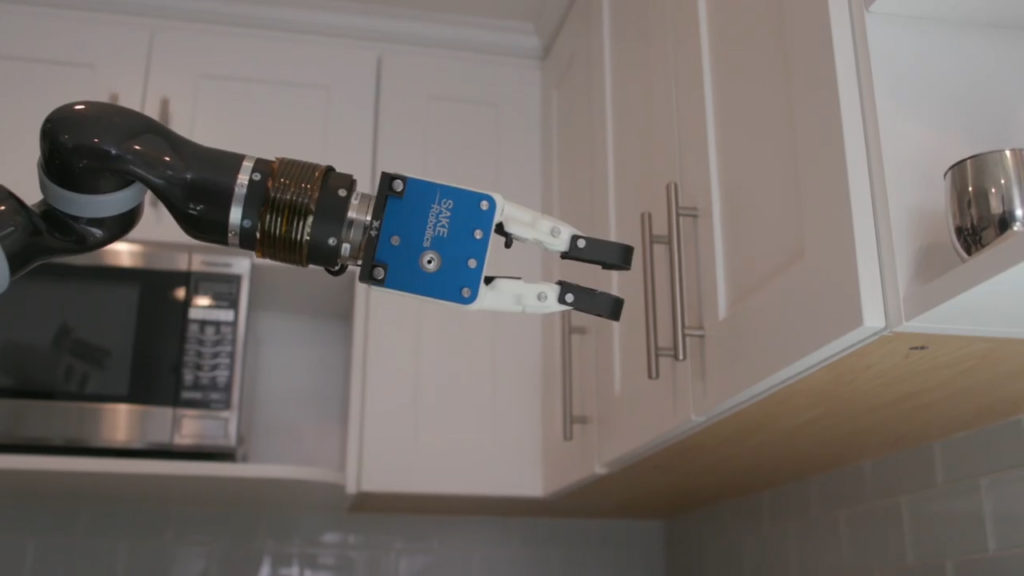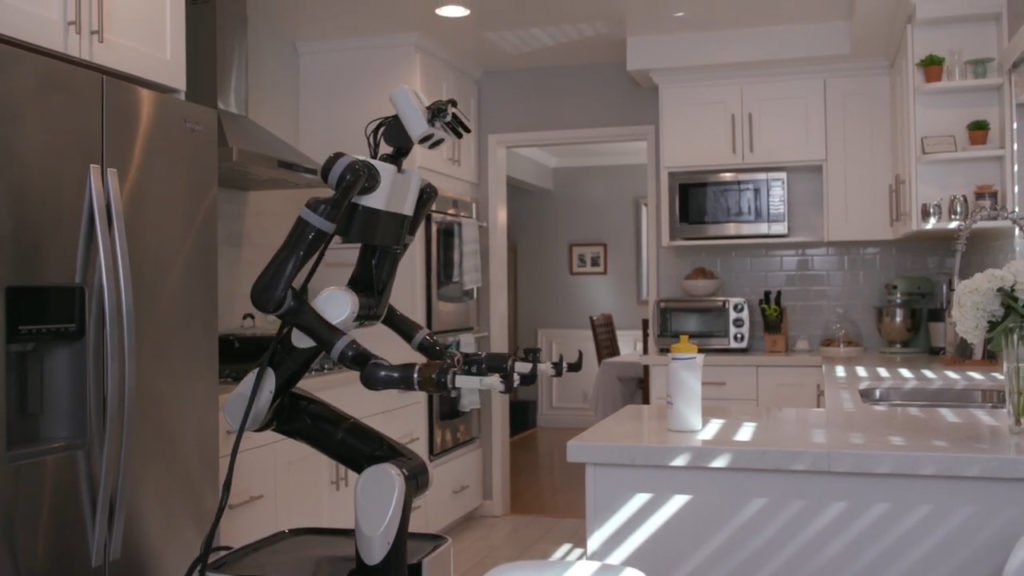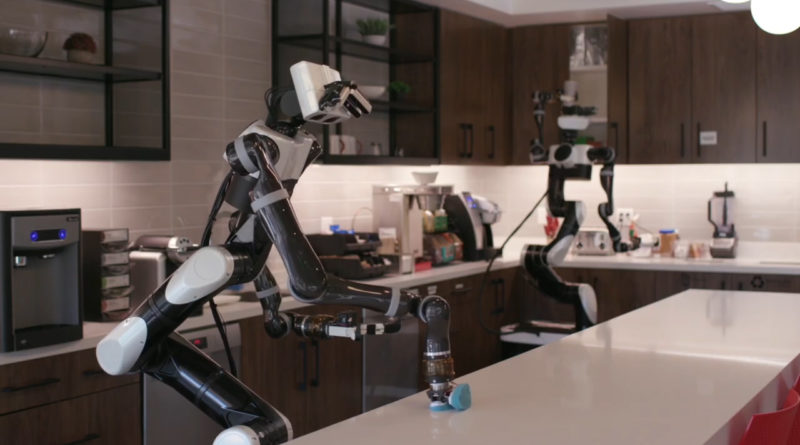Toyota Developing Home Robot to Assist Seniors
The world has an aging population. Many countries simply do not have enough resources to properly care for it’s older citizens. Places like Japan and China have begun experimenting with robots to help with senior care. While turning to AI can help alleviate some of the burden, it does have limitations. Toyota has unveiled a new approach that may expand the abilities of robots to work inside the home.
Toyota’s Research Institute recently announced that they have an at-home assistant robot in development. What makes Toyota’s robot special is that it has the capacity to learn new tasks in all types of environments. The technology is called fleet learning as the robots use a cloud and deep learning to share information with other bots that are connected to the network. So if a robot in California learns a new skill, it will immediately share that information with others on the cloud.

Fleet Learning Similar to Tesla Autonomous Vehicle Network
This is the same tech that is used in Tesla’s network of autonomously driving vehicles to allow them to get better at traveling without human intervention. According to Toyota, this will allow the fleet of robots to “achieve an exponential increase in robotic capabilities”
“This is called fleet learning: if we enable one robot to learn to perform a task, either from a person or in simulation, and then share this knowledge with all other robots, such that they can perform the task in new situations, we can achieve an exponential increase in robotic capabilities,” Toyota said in a blog post.
Senior Care Robots Could Face Challenges in Changing Homes
Operating in a home can be quite challenging for robots as every environment is different and constantly changing over time. Toyota’s aim is to teach the robot to perform arbitrary tasks with a variety of objects, rather than program it to perform specific predefined tasks with specific objects. This allows the robot to adjust to a wide variety of situations. It also allows the information to more easily be shared and adapted to other bots connected to the network.
Toyota has been teaching and testing the robots in actual homes instead of a lab environment. According to the company, these robots are research prototypes whose goal is to “motivate and advance” algorithm development rather than just show a proof of concept.

“Right now, our system can successfully perform a relatively complex human-level task about 85% of the time. This includes letting the robot automatically try again if it recognizes that it has failed at a specific behavior. Each task is made up of about 45 independent behaviors, which means that every individual behavior results in success, or recoverable failure 99.6% of the time,” said the blog post.
Toyota feels that their approach can extend beyond the homes in places like factories and shipping facilities. For example, a human can quickly teach a robot to perform repetitive manufacturing tasks or how to properly package specific items.
Check out our articles on ROAMEO the security robot and Hyundai’s exoskeleton.

